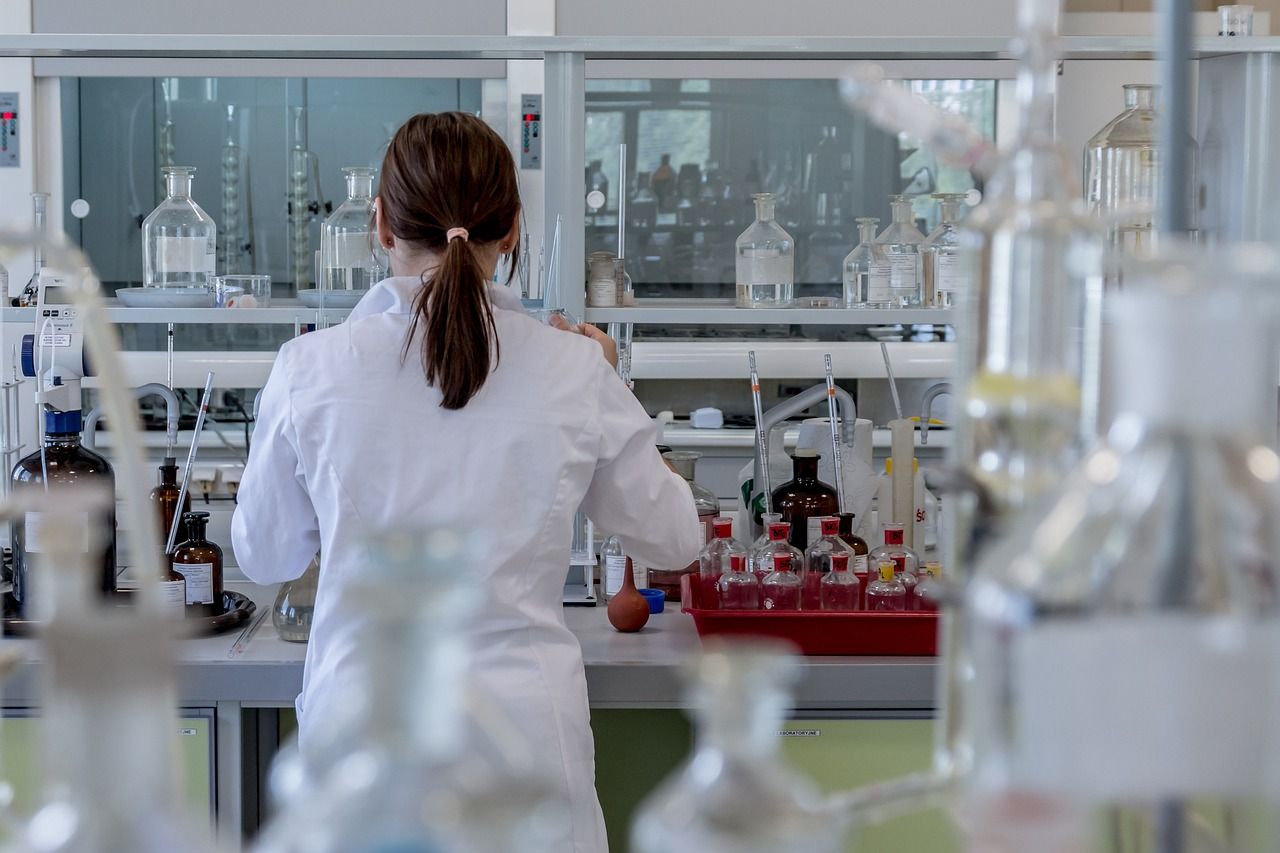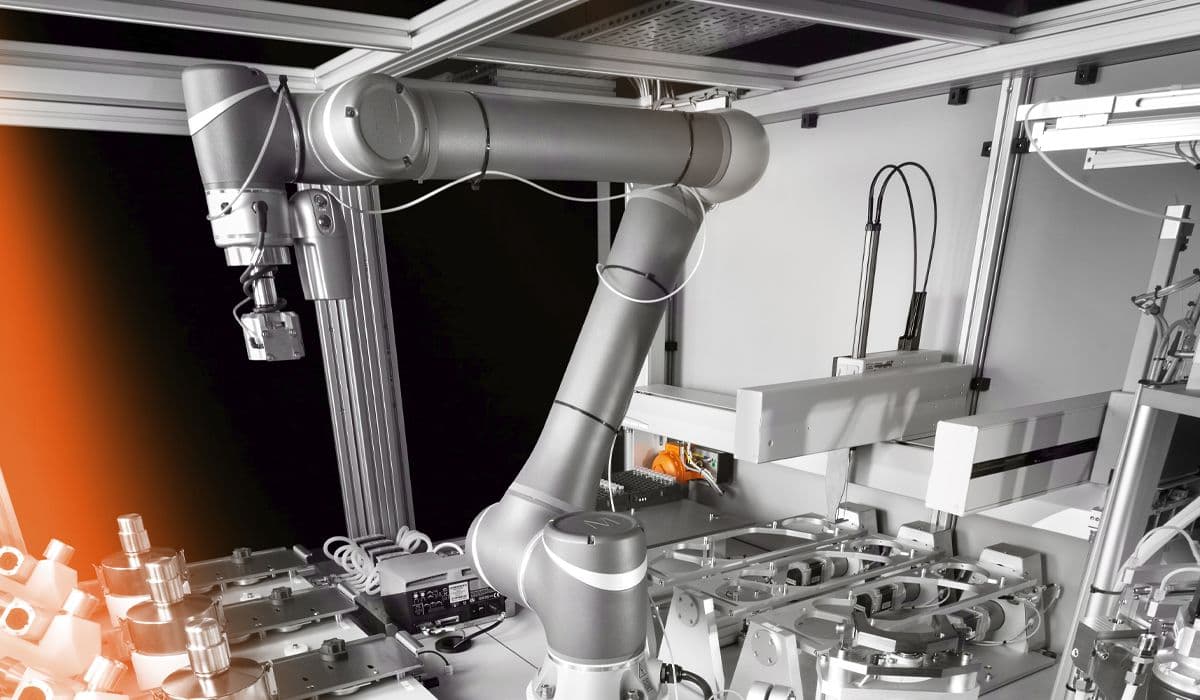Achieving Automation in Healthcare

Share this article
As demands on healthcare increase and deliverables become more complex, considering how to evolve the workflow within healthcare settings is vital. Automation plays a crucial role in safely and efficiently scaling up complex production, testing, and delivery systems within medical settings.
When executed correctly, teams can delegate time consuming tasks to automated systems whilst still meeting the standards of quality that are necessary.
Below, we’ll address the most common queries that we receive around healthcare automation and explore the benefits of implementing automation technology within these settings.
Transforming healthcare processes with automation
Automation can greatly improve outcomes in healthcare laboratories, clinics, and other medical settings where accuracy and efficiency are of the utmost importance. Some of the key areas that can utilise automation include:
Drug delivery
Drug delivery automation encompasses several specific processes designed to test and produce different devices. These are some of the applications we offer at Astech:
- Sample preparation
- Dose content uniformity
- Inhaler shaking and waste firing
- Particle size determination
Ordering
Using stock-level data, you can automate your ordering process to ensure labs never run out of vital equipment or supplies that are necessary for day-to-day operations.
Testing
Thorough testing is an intensive process that benefits from automation - speeding up repetitive tasks and greatly reducing margins of error.
Reporting
Automation software combined with the appropriate machinery allows you to quickly pull up detailed reports on any metric that matters within your setting.
The benefits
Benefits of incorporating automation into healthcare settings, especially clinical and laboratory settings, are limitless.
- Higher throughput - greater accuracy means a much higher rate of successful outputs across all workflow streams.
- Higher production rate - one of the key benefits of automation in healthcare is that it can reduce time taken to complete tasks, equating to a higher production rate.
- Efficient use of materials - lower margin for errors means less materials are wasted whilst automated software and machines complete physical tasks.
- Larger data sets considered - automation software can examine large sets of self generated data, or data that it is fed, to make accurate adjustments and decisions, often leading to better outcomes.
- Easy to adapt - many modern automated systems can be quickly adapted to offer assistance wherever it is needed, making it a more fluid investment than static pre-programmed machinery.
- Frees up time - once tasks have been delegated to an automated system, the time of workers is freed up to focus on other tasks that need more independent judgement and expertise.
Will automation impact workers in healthcare settings?
Automation is great at taking over costly, time-consuming processes, and it can complete very complex tasks. This can cause concern for those working in environments where automation is likely to be introduced.
However, the goal of automation should never be to replace human workers, but to allow them to focus on work that requires their expertise and critical thinking.
Allowing automated software and robots to absorb repetitive but necessary jobs means that there is more time and resources for workers to get involved with more important aspects of their jobs.
Implementing automation in healthcare
Automation can completely transform any healthcare setting, but knowing where to start is an important step. To begin, you need to identify areas where automation could help. Examine tasks that are absorbing a lot of time and resources, and areas where the skills of your workforce could be better spent.
If you’re unsure where automation could help, speak to the experts at Astech who will be more than happy to talk you through your options.
Talk to us about LabExpert®


